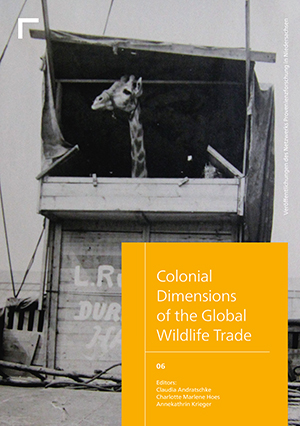How to Cite
License (Chapter)

This work is licensed under a Creative Commons Attribution-ShareAlike 4.0 International License.
Identifiers (Book)
Published
Cheetah (and Dog!) Politics: Interspecies Relations and the Colonial Legacy of Cheetah Conservation Programs in South(ern) African
Cheetahs have been used as hunting comrades and exotic pets for millennia. In the colonial state, they served particular functions, some of which, as this article aims to demonstrate, have survived into post-colonial society. Looking at conservation and relocation programs in Southern Africa that have been established from the 1990s onwards, this chapter argues for a multilayered approach that also takes interspecific relationships seriously. In the case of the cheetah, livestock guarding dogs have been used to protect both the herds as well as the cheetahs that were casualties of farmers safeguarding their property. However, these dogs had to play a role that went far beyond the mere guarding function: they were used as stand-ins for colonial (and Apartheid) control. Looking at current debates about species survival and repatriation also helps to uncover these long-lasting colonial topics of exoticism, “wildness” and cultivation.







